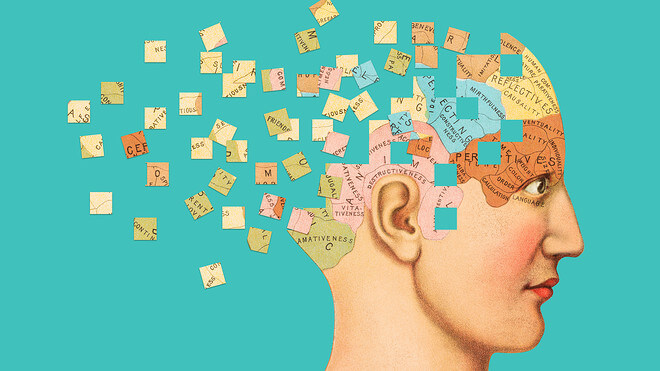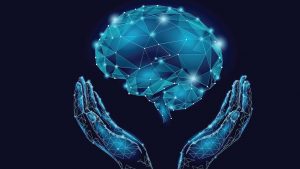
Mansik Swasthya Ke Baare Me Jaankari
Health is important for the development of the country. According to the World Health Organization (WHO) “the treatment of disease or debility is being done well in physical, mental, social and spiritual ways. In defining mental health it can be said that by this, a person Realize their abilities, feel confident that they can cope with the stresses of life, be able to work productively and make a contribution to themselves or their community. In this positive sense it can also be considered That is, by fighting this dilemma and winning it, a mentally healthy person can do any job well. So it is the foundation for effective operation of a community.
Why is it important?
More than 45 crore people suffer from mental disorders. According to the WHO, depression will be the second largest cause of disease worldwide by the year 2020 (Murray and Lopez, 1996). The global burden of mental health will be well beyond the treatment capabilities of developed and developing countries. The social and economic costs related to the increasing burden of mental illness have focused on the promotion of mental health as well as the possibilities of prevention and treatment of mental diseases. Thus mental health is related to behavior and is considered to be the root of physical health and quality of life.
- Physical health and mental health are closely related and it is undoubtedly proven that depression causes cardiovascular and vascular diseases.
- Mental disorders affect a person’s health-related behaviors, such as eating wisely, regular exercise, adequate sleep, safe sexual behavior, alcohol and smoking, adherence to medical treatments, etc., thus increasing the risk of physical illness.
- Social problems also arise due to mental illness such as unemployed, scattered families, poverty, drug abuse and related crimes.
- Mental illness plays an important role in the deterioration of prophylactic activity.
- Depression of medical patients with depression is worse than patients without depression.
- Long-lasting diseases such as diabetes, cancer, heart disease increase the risk of depression.
What are the difficulties in implementing it?
The feeling of stigma associated with mental illness, which causes discrimination against such people in every aspect of society, such as education, employment, marriage, etc., is the reason for delay in seeking medical help. Clinical confusion due to lack of definitive signs and symptoms with ambiguity in theories of mental health and disease.
- People believe that mental illnesses occur in people who are mentally weak or they are caused by wandering spirits.
- Many people are of the opinion that mental illnesses are irreversible, causing medical negativity.
- Many believe that prevention measures cannot succeed.
- Many people believe that medicines used to treat mental diseases have many side effects and can cause addiction. They feel that these medicines only cause sleepiness.
-
What are the causes of mental illness?

-
Biological factors
- Neuro-transmitters: Disease related to abnormal balance of special chemicals called neurotransmitters in the brain. Neurotransmitters help pulse cells in the brain to communicate with one another. If these chemicals become imbalanced or do not work properly, the messages do not pass through the brain properly, causing symptoms of mental illness.
- Geneology (heredity): Many mental diseases are hereditary, which suggests that people who have a family member suffer from mental illness are more likely to get mental disease. The probability of getting the disease is transmitted by genes in families. Experts believe that many mental diseases are related not to one, but to disorders of many genes. This is the reason that a person is genetically susceptible to suffer from mental illness but it is not necessary to suffer from the disease. Mental disease itself is caused by the interaction of many genes and other factors – such as stress, misbehavior, or a tragic event – that can affect or cause disease in a person with a genetic potential for it.
- INFECTION has been linked to worsening of infections related brain injury and mental development or its symptoms. For example, a condition called autoimmune pulse mental disorder of children related to the Streptococcus bacterium has been linked to the development of an obsessive-compulsive disorder and other psychiatric diseases in children.
- Brain defects or injuries: The relation of disorders or injuries to certain areas of the brain has also been linked to some mental disease.
